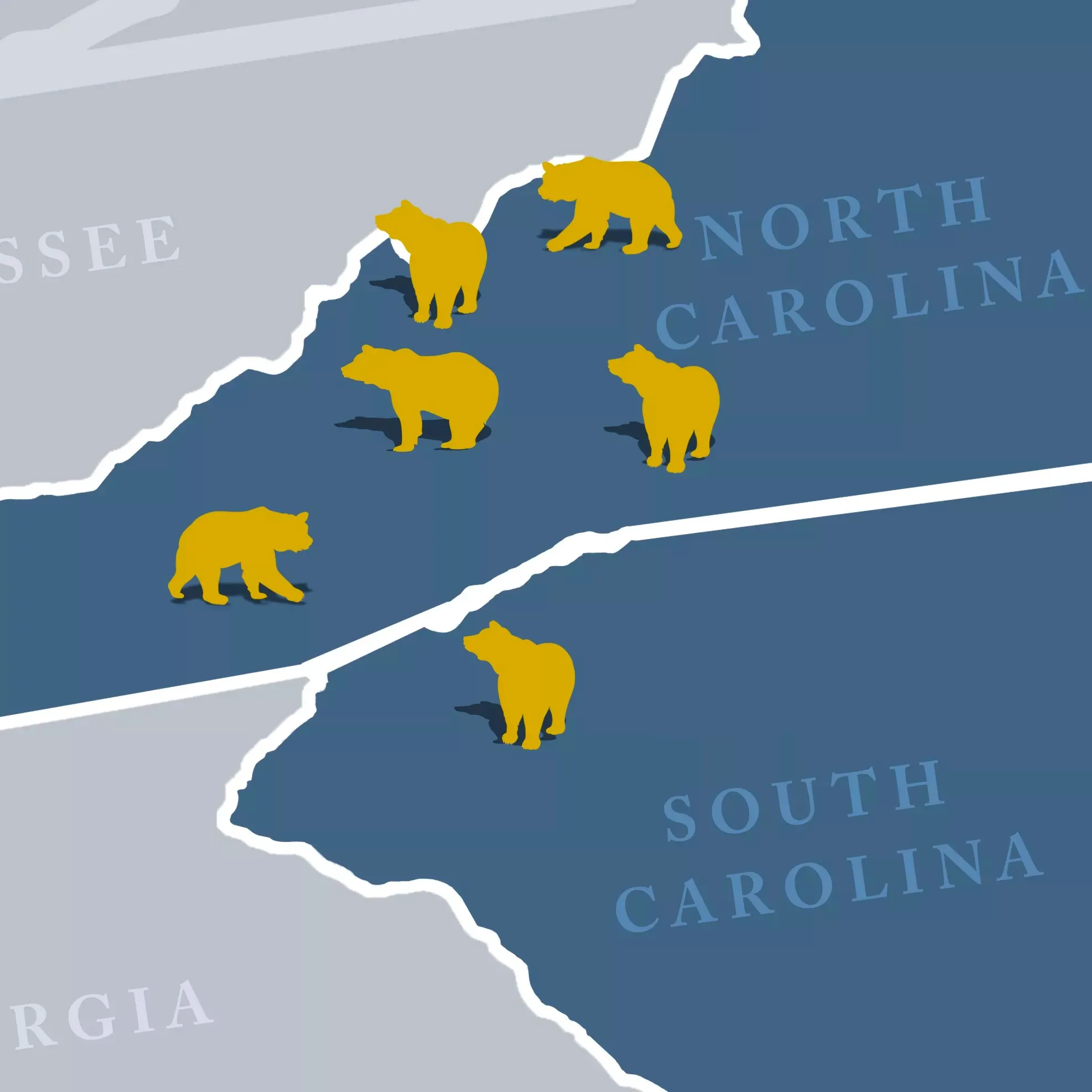Eminent Domain and Land Condemnation Lawyers
When the Government Wants to Take Your Property, We're The Firm to Protect Your Rights.
For many Americans, buying a house is a significant milestone. You purchase a house with plans and dreams for your property and spend years making it a home. However, to continuously develop, improve and maintain transportation, electrical service, or natural gas transmission within local communities, large amounts of private property must be acquired, either through voluntary negotiations with property owners or by the exercise of eminent domain power.
If you receive a letter requesting permission to survey your property or an offer from a government agency to purchase your land, our experienced eminent domain lawyers are here to help. Eminent domain laws are complicated. Every step you take can affect the outcome of your case. The lawyers at Grimes Teich Anderson fight hard for landowners in the Carolinas, employing all our legal abilities and experience to challenge the taking, when appropriate, or obtain the full and fair payment of just compensation.
How Can a Government Take a Private Property?
Eminent domain also referred to as "condemnation," is the power of local, state, or federal government agencies to take private property for public use. Private organizations such as oil and gas companies, railroads, or redevelopment authorities may also be granted eminent domain power to complete specific projects benefiting the public. Most property owners are introduced to eminent domain after receiving a letter from a government agency offering to purchase their property at a fraction of the true value. Eminent domain gives the government power to take property from landowners when it serves a public purpose. The most common examples of condemnation projects include building a new school, expanding roads, or building new highways to improve traffic flow. However, this legal power does not come without its limits. While the project for which the power of eminent domain is used may benefit the public, it does not always benefit the private owner whose property lies in the proposed project's footprint.
Compensation for Eminent Domain
Under the U.S. Constitution, a property owner is entitled to "just compensation" when their property is taken using the power of eminent domain. Just compensation is intended to make the property owner whole financially for the loss of their property. Suppose the government is seeking only a portion of the property. In that case, the property owner may be entitled to the value of the property taken plus any damages to the remaining property. While every case is different, a knowledgeable land condemnation lawyer can work with you to fight the condemnation process or help you maximize the compensation you receive for your land.
How Hard are Eminent Domain Lawsuits to Win?
When the government or a big corporation wants to take something as valuable as your property, it's a natural reaction to want to fight it and prevent it from happening. Property owners have the right to reject the government's offer and to challenge it in court. If the government or private entity seeks to take your property, there are several grounds to challenge the power to condemn. While certain defenses challenge the condemnation outright, others focus on ensuring that you receive just compensation for your property. The four most common defenses to the use of eminent domain include:
- The government lacks public purpose for eminent domain
- The government does not have the authority needed to condemn your property
- The government does not need to condemn your property for a public project
- The government is attempting to take your property without paying just compensation
The defenses available to you depend upon the unique factors and circumstances involved in your case. With an experienced land condemnation and eminent domain lawyer on your side, you can be confident that all of the elements of your case are considered to determine next steps to take. Whether that's protecting your rights to keep your property or fighting for the just compensation you're entitled for your land, we're here to help every step of the way.
Contact an Experienced Eminent Domain Attorney to Fight For You
If you're facing land condemnation of your home, business, church, farm, or undeveloped real estate under eminent domain, you don't have to face the government alone. The eminent domain attorneys at Grimes Teich Anderson are dedicated to fiercely protecting property owners' rights across the Carolinas—and we want to help you too. Call us today at 800-533-6845 or complete our free initial consultation form online.



